Establishing a balance between innovation and ethical thinking will be the key to using IoB for good while protecting individual rights and autonomy.
In a world where every step of our daily routines is followed by technological innovations, right from our morning commutes to the way we choose our grocery items, even in terms of entertainment, the emergence of the Internet of Behaviours (IoB) becomes more than just a mere fantasy but a concrete reality. IoT essentially initiated the wave of connectivity and established what could be seen as a precursor to the Internet of Behaviours, which not only connects devices with the internet but further focuses on utilising the immense pool of data gathered by these devices in an attempt to study human behaviour. Have you ever wondered why social media platforms seem to have psychic capabilities for delivering content that aligns with your interests? Or how do dating apps help you find your partner with just a swipe of your finger? Or maybe discovering your preferred genre of music or streaming service’s ability to suggest the ideal movie for your mood as soon as you open it? So welcome to the deepest depths of IoB, which is where analytics goes beyond foreseeable events to control and comprehend the human mind! Even though the concept of IoB is relatively less familiar than its other counterparts, IoT and AI, it instantly grabs attention for its capability to alter the traditional relationship of humans with data. Unlike its predecessors, IoB doesn’t merely collect data but endeavours to decode and shape human behaviour through the digital breadcrumbs we leave behind in our daily interactions.

Origins and Prospects of the Internet of Behaviour
Like many other major innovations, the creation of the Internet of Behaviour can be traced back to the multiverse of technological advancements. In the age of smart devices, social media, and advanced analytics capabilities, the treasure of behavioural data to be roughly translated from the digital footprints we shed became obvious both for scientists and for businesses. The study released by Gartner states that IOB “ties together existing technologies, such as facial recognition and the correlation between cash purchases and device use,” and gets the job done, which enables it to not only understand what consumers do now at a granular level but also to read their minds and predict their future actions. As Andrew Tutt, author of “An FDA for Algorithms,” explains, “The Internet of Things monitors the world; the Internet of Behaviour modifies it.”
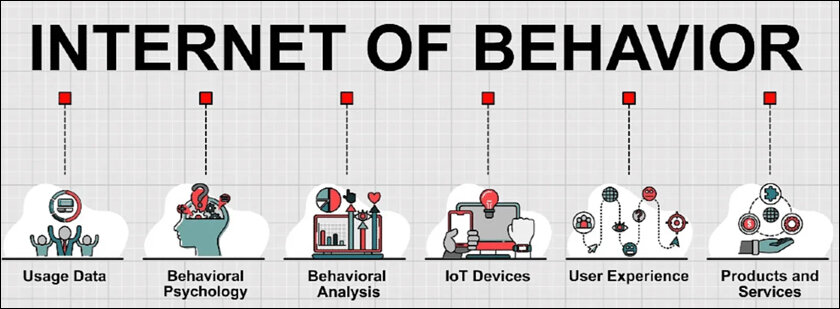
Understanding the Impact of IOB
The influence of IOB is not just bound to the existing sectors of marketing and retail but expands to include healthcare and public services too. Through IOB, companies can use the generated insights to tailor the business offering to a selected segment of the market, improve the customer experience, and consequently, boost sales. Just like that, retailers can employ an IOB to figure out what clients prefer most and, consequently, by means of personalised and real-time recommendations, accumulate a larger number of converted clients and satisfied customers.
In healthcare, IOB points to a significant shift that may change the way patients are treated for diseases and injuries. With the help of data derived from wearables, electronic health records, and other sources, healthcare providers can become acquainted with patients’ likes and dislikes regarding health decisions as well as their usual health tendencies. This ultimately promotes individualised treatment programmes, early disease pattern recognition, and a proactive concept of healthcare management.
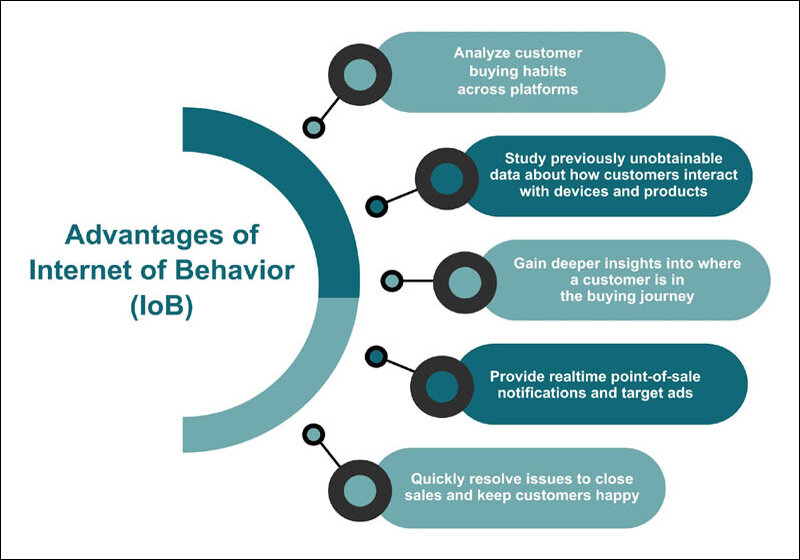
Advantages of using IOB
An important part of IOB benefits consists of the ability to provide intelligence in real time and to operate within this intelligence. In contrast with traditional methods of data collection and analysis, IOB enables organisations to measure behaviour metrics in real time and therefore develop proactive responses and interventions. To illustrate, the applications of IOB to smart cities can be made as a means of optimising urban planning and resource allocation on the basis of real-time traffic data, passenger transportation use, and crowd dynamics. Just like in the education realm, IOB can easily enable educators to customise the learning environment on demand, thereby allowing them to tailor lesson styles, content presentations, and overall material as per what piques students’ attention and learning types. Through the leveraging of live analytics data, IOB opens unprecedented opportunities to boost efficiency, reduce risks, and promote innovative approaches across diverse professions.

Privacy and ethical considerations
Although IOB received widespread adoption, its use also raises some questions related to privacy, data security, and the ethical use of personal information. However, the rise of big data brings concern about the unprecedented access to sensitive information that can turn against the common good when misused or abused. Hence, the solution likely lies in developing sophisticated regulations to balance innovation with ethical considerations; hence, it’s important for the organisation to address the issues of data protection, transparency, and consent in their IOB initiatives.
Practical Results of the IoB
The physical utilisation of the Internet of Behaviour (IoB) aims not only at theoretical theory but rather at making pragmatic effects within multiple sectors such as economic, commercial, tc. In a 2020 McKinsey report, the immense value to be generated from IoB applications was reported to be more than $200 billion per year in sectors such as healthcare, retail, workplace safety, and smart cities. This truly summons the transforming potential of IoB in remodelling and improving industries and internalising human experiences.
Frontline tech companies such as Google, Amazon, and Facebook, among other innovative start-ups, expect to make significant investments in IoB-related technologies, understanding the potential role of IoB in reshaping the way users derive benefits from data. Mark Zuckerberg, the CEO of Facebook, highlighted the significance of IoB. In his words, “It’s the deep machine learning that makes the Internet of Behaviour possible; the more you know your users, the more we can predict the behaviour they might need before they even think that they want ,” he showed the significance of IoB in every aspect.
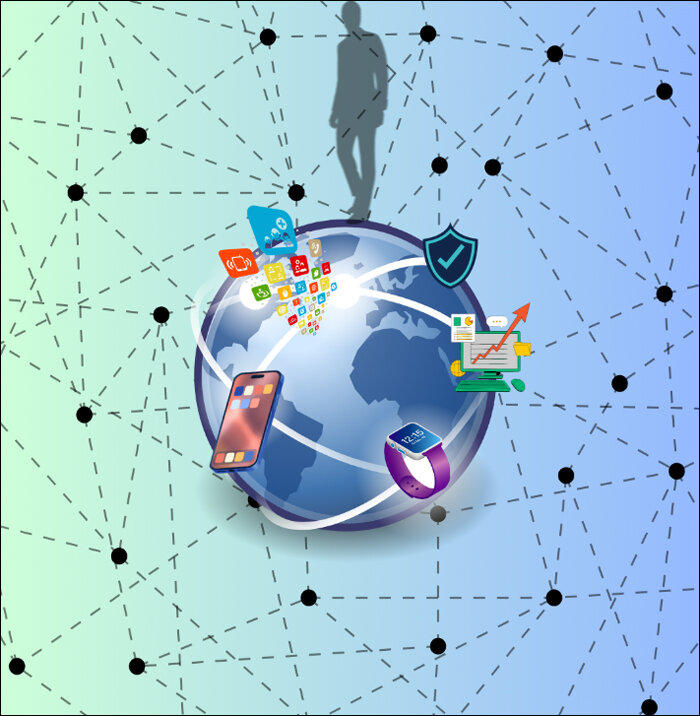
Practical instances of IoB can be seen every day on our way to work and at home. To give an example, Facebook uses predictive models to optimise what posts, ads, and content are shown to its 2 billion users, which increases the interest of those folks and their satisfaction. Dating apps all use IoB technology to track relationships, give suggestions about likely partners, and play an improving role in the moment of matching. Voice assistants create smart profiles that represent user preferences through speech pattern analysis. Hence, users receive more tailored recommendations, and therefore their experience is improved.
Final thoughts on IOB
For some people, it’s a curtain-up; it’s IoB with all its promises of individualised experiences and revolutionising industries; it’s all the future, they say. No area of our lives, including healthcare and marketing, is unaffected by the IoB, which has the power to predict and potentially control our behaviour. But the problem is that there are fears about privacy and the safety of data, as well as the possibility of unscrupulous users misusing this information. Establishing a balance between innovation and ethical thinking will be the key to using the power of IoB for good purposes while protecting individual rights and autonomy. As we navigate this new digital landscape, responsible development and regulations will be vital in ensuring IoB serves humanity, not the other way around.





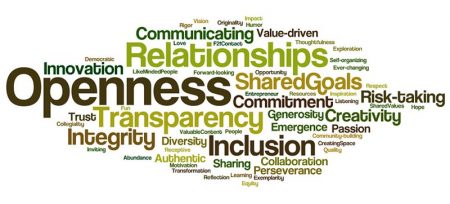
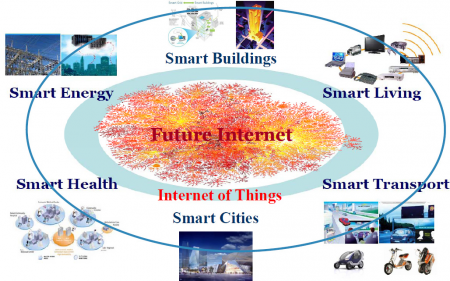
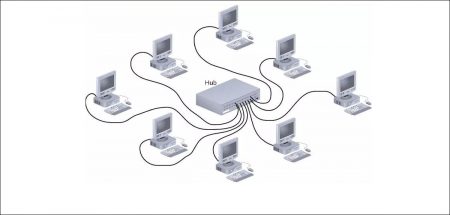


1 Comment
This article which focuses on the interesting field of the Internet of Behavior (IoB), and highlighting how it has the ability to change markets and customize the user experience, is well written, and great thought has been given in writing it. I liked on how it openly addresses privacy and data security concerns while acknowledging the effect of IoB in numerous areas and its potential. it provides an insightful analysis of prospects, practical results and difficulties posed by the internet of Business, The significance of handling technology changes cautiously and strategically.